Around the time I was ten years old, “horse girls” emerged and it was clear I definitely was not one of them. Sure, I tried. I read Black Beauty and watched National Velvet. But I was way more into the Babysitter’s Club and Nancy Drew; horses just did not appeal.
Imagine my surprise, twenty-some years later (oh god), to find myself enjoying Call Me Softly. As the book opens, all of the Wetheringtons have been killed off, except Lillie. On her grandmother’s deathbed, she promises to return to the polo estate in South Carolina, and deliver herself over to Swain Butler. Swain, her grandmother promises, will help keep Lillie safe. Swain is the Wetherington’s famed horse trainer and polo player, and unbeknownst to her, also at the heart of some serious family secrets. Lillie carries these secrets–and all their dangers– back with her, but finds herself falling for the gorgeous horse woman too.
One thing I really liked about Call Me Softly was the even-handedness with which Leigh wrote Swain and Lillie. Swain is fairly butch in appearance; works a traditional male job, but she has made a place for herself in her community and the wider equestrian world. Leigh allows Swain to be confident, sexy, and unapologetic about herself. The same can be said for Lillie– who by description sounds pretty high femme to me, but never once exhibits any of the “oh god am I gay enough” crises often encountered in feminine lesbian characterizations. It’s nice to read two queer women who are drama-free about it.
If I was going to pick at this book for something, it wouldn’t be the paper-thin mystery or the occasional lapse into passive-voiced telling by the narrative voice. The identity of the villain wasn’t really much of a mystery– I guessed who it was within the first few chapters. And yeah, the “will-they-won’t-they” between Swain and Lillie was a bit drawn out, because really? It’s a romance. They will. Get on with the smooching already!
No, my main issue was the slut-shaming. The book opens with a sex scene between Swain and another woman. It’s obvious this woman is sensual and voracious; but Swain is a willing participant and enjoys having sex with her. Later, when this Lolita shows up to make some moves on Swain, Lillie (and friends) get real ugly. Call her a slut and a hussy, behind her back. I found it jarring. It completely pulled me out of the story and engaged all of my feminist ire. Leigh probably meant this to be a sign of Lillie’s growing feelings for Swain, but hell, Swain slept with this woman too. And Swain does nothing to defend her former partner! I mean, it’s a romance novel– it seems a little hypocritical of Leigh to imply judgement of one woman’s sexuality while writing pretty hot sex scenes involving two others. Hard enough being a woman and a queer, know what I’m saying? We don’t need to be shaming each other too.
Over all, though, the book was entertaining and fun to read. Not the greatest romance novel in the world, but not the worst either.
—-
Mfred Did Not Finish Jukebox
I don’t care how romantic a love story may be, if the writing is bad enough, I will hate reading it.
Example #1: Would you like to read the most boring food fight scene in the history of the world? Ok! Here it is:
One morning, Harper and Grace had been abnormally raucous with one another. It had started the night before when they were making cupcakes and Grace smeared chocolate mix across Harper’s face. That alone had resulted in an all-out chocolate cake war in the Alessis’ gourmet kitchen. When they were done, mix was on the ceiling, all over the thick wood island and matted in both girls’ hair and clothes. Fortunately, no one was home at the time.
In the end, Grace won the cake war, pining Harper to the floor, her slippery chocolate-covered knees restraining Harper’s arms until she conceded defeat. Grace pushed buttons inside Harper, buttons she enjoyed having pushed.
First, this scene is all set up for another food fight that starts the next day! So why is it so detailed? It shouldn’t take two paragraphs of exposition to set up a scene. Second, PASSIVE VOICE IS BORING VOICE. There is no action in this scene! Third, what exactly is the the most important sentence here? Grace pushes Harper’s buttons and she likes it. Did this scene actually tell me that? No. The narrative voice did, and that is BORING TOO.
Example #2: Would you like to read a confusing and also strangely icky orgasm scene? OK!
As Grace split Harper in half, she held held onto the bed sheet with both hands, crumpling it like wads of paper.
Harper squeezed tighter, again, trying to make it last.
Until finally, she let go.
Somewhere deep below the surface, as Harper’s young, fragile frame shook, her foundation gave way–just like in the earthquake–and everything about her crashed down the hill into the vineyard and olive grove. There was no more imagining.
The big one finally hit.
When Harper smelled herself on Grace’s face, something inside her released, popped open allowing all the fear which had consumed her to dissipate. With intention, she squirmed away from Grace and got on top; Harper was ready to dive into what she’d dreamed about since she was a teenager.
My thoughts, in the order they occurred:
- First of all, may the good lord keep me from ever being split in half. Sounds frightening.
- And how does one, exactly, get split in half while also squeezing tighter?
- “Smelled herself” is the kind of physical detail that isn’t detailed enough– is it titilating, or is it gross? Are we really meant to wonder that, right after Harper’s first orgasm?
- If this orgasm was so physically and emotionally intense, why is she immediately rolling over and making moves on Grace?
- I mean, can a sister heave a sigh, maybe lay in bed for a second, to consider the ramifications of losing all of her fear in one fell swoop?
This is too much thinking. And this is only about 60 pages into the book!
I made it about another ten before I realized I actually hated, hated, reading it. All of the possibilities of the story, the small delights of meeting new characters, disappeared under the passive and inconsistent voice. So I gave up.
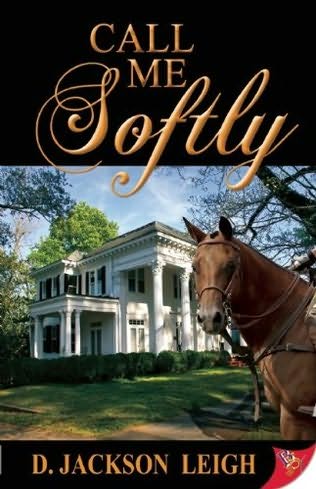
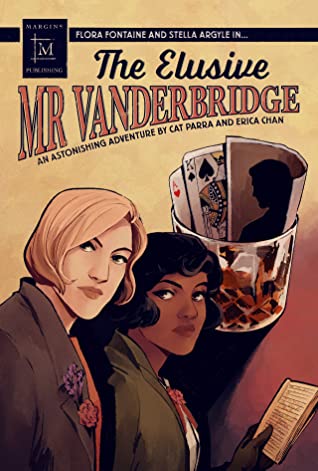
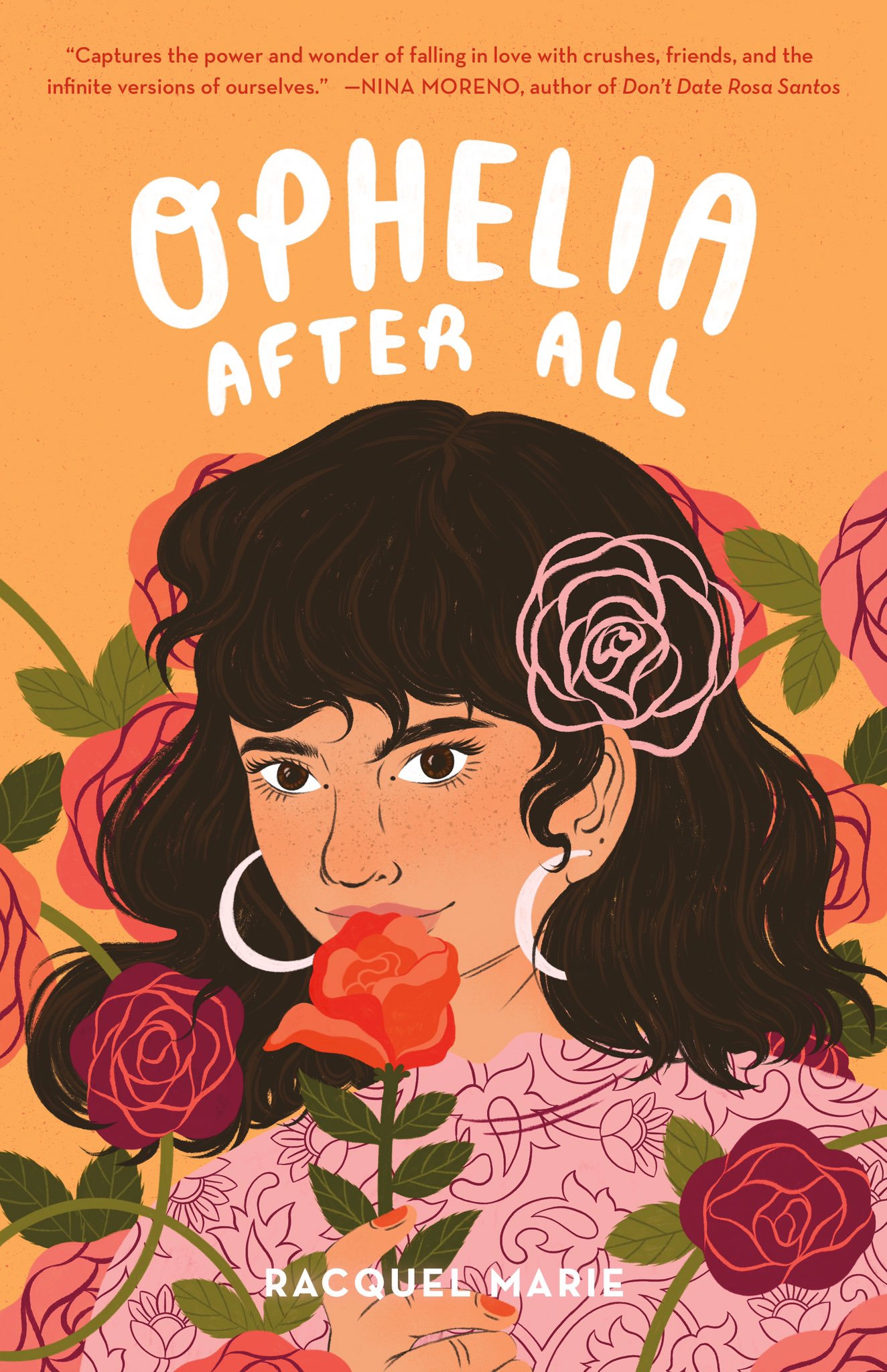
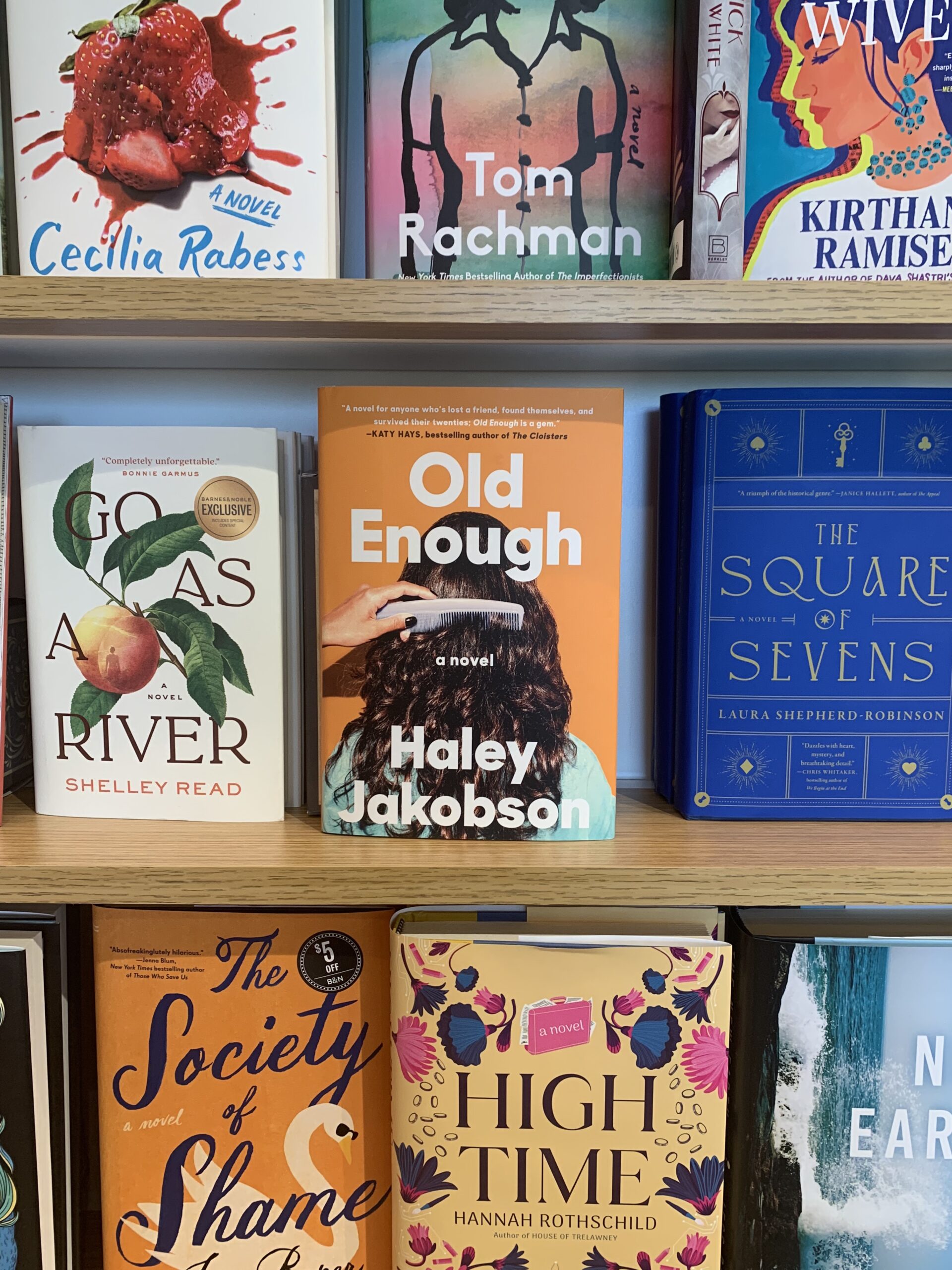
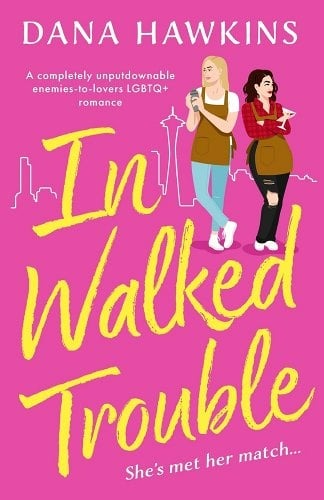
Danika the Lesbrarian says
” The identity of the villain wasn’t really much of a mystery– I guessed who it was within the first few chapters.”
I knew that if I could guess it, everyone would guess it! I’m usually terrible at that sort of thing, but [spoiler] if you introduce a twin and then never mention him again, it’s a little obvious, right? [end spoiler]
I saw the slut-shaming as deliberately making them appear petty and snarky, but either way, it was jarring. Overall, though, I liked it.